The Ouya. A console with so much potential. The idea of a moddable console that always allowed user to root it without voiding warranty was something that had never been done before. It raised $8,596,475 through Kickstarter, more than 900% of its goal. For a while the Ouya was prime time, talked about everywhere with interest. But now? It’s faded in the shadows, broiled in controversy and seems to almost have been forgotten by the gaming public at large. What happened? How did the darling Ouya lose its momentum so fast?
The Beginning
The Ouya was started as an idea by Julie Urhman, former boss of IGN downloadable game division. What Urhman saw was that console games, as the development cost was increasing, started to lose originality. Creativity even. There was a “brain drain” as she called it. And then there was the walled garden of Microsoft, Nintendo and Sony. “I just think closed is the wrong way of doing things,” Uhrman said. “I see unbelievable indie content out there, and watching ‘Indie Game the Movie’ and watching their faces as they wait for Microsoft to approve [their game], it just didn’t make any sense.” Another problem was, as games shifted over to mobile, you couldn’t play them on TVs or monitors. Only small screens. Enter the Ouya, a console with the belief it could address the two issues, along with a third. Hackability. Consoles are known for their closed nature, with any attempts of swapping parts frowned upon by the manufacturers. Ouya was different. “We decided, ‘let’s take this as far as it can go,” she said. “So if you want to go in and hack the box, go ahead and do it. We hope you do it.”
In a follow up email, Urhman explained to Stephen Totillo just how far “far” was. “The circuit board will have well-documented test points. People can swap out chips, add, etc. We may even publish the hardware design if enough people are curious. Because Ouya will also have Bluetooth and a USB, hardware hobbyists can also make their own peripherals (someone already suggested pinball controls to us). Regarding the software, you’ll be able to root the device easily. It won’t void your warranty. Every unit has a debug console. We are even working on the idea of a “plant”—which will restore your profile after rooting your device (reverse your root). Because it’s built on Android, you’ll understand the source code well, too. (Obviously if a hacker roots the device, our integrated user experience and game store will no longer be available while the device is rooted — so there is, as always, a tradeoff between customizing your device and enjoying the benefits of standardization. We expect the true hackers to be an elite, but small proportion of the total number of people who buy the box. Most people will probably just use the standard setup.)”
Urhman went even further, saying, “Every console is a debug kit.”
In short, a small, hackable console that allowed you to essentially do whatever you wanted with it, running on a version of Android 4.1 that allowed you to even develop on it. Sounds enticing, right?
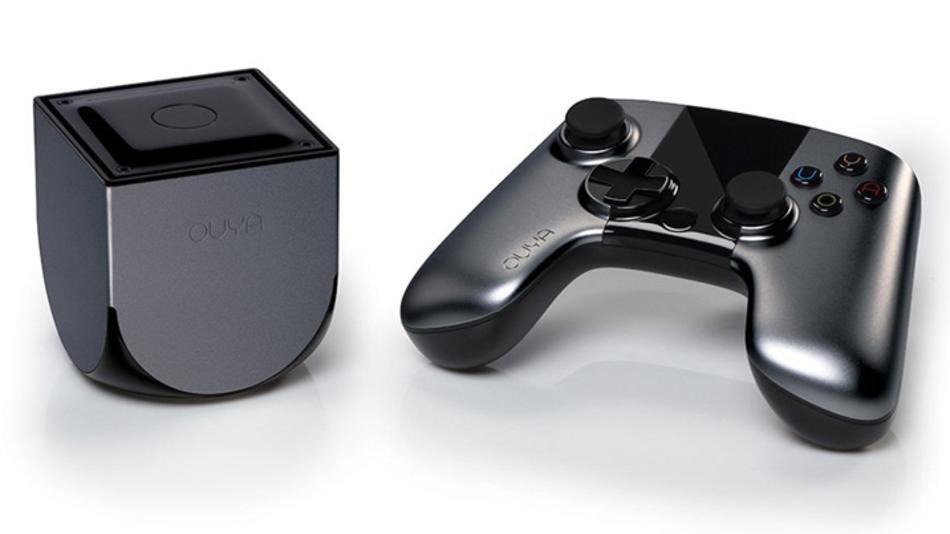
The Good
The Ouya Kickstarter was launched on July 10 with a goal of $995,000. It reached that goal in 8 hours. It had a backer every 5.59 seconds. It became the fastest Kickstarter to hit $1,000,000 in donations. It eventually reached $8,596,475 by the time Kickstarter ended . And developers were catching notice. Robert Bowling, former creative strategist at Infinity Ward and founder of Robotoki, announced that episodic content for Human Element would be Ouya exclusive. Square Enix revealed that Final Fantasy III would launch for the Ouya. Tim Schafer revealed a game, codename “Reds”, that would launch on Ouya as its only console. Paul Bettner, creator of Words with Friends, was developing a game for the Ouya. Soul Fjord was an Ouya exclusive. That Dragon, Cancer was another Ouya exclusive. As was TowerFall. According to the Ouya home page, it was contacted by over 1,000 developers interested in developing for the Ouya. Another 800 developers contributed to the campaign to obtain dev kits, which meant roughly 2,000 developers. Just for Ouya. And that was in addition to the sheer amount of Android based games that would be ported over.
It became a celebrity, gamers were talking about this new console “Ouya”. The Ouya developers were even having Q&A with Kotaku. Everything was going gravy for the Ouya. But it wasn’t to last.
The Bad
First of the problems was Ouya revealing it supported emulation. This was not helped by videos being released on YouTube showing users playing Super Mario Bros. and Street Fighter on the Ouya.
Naturally, console makers like Nintendo were worried that this would promote piracy and reduce sales of classics on the e-Shop. Ouya tried to dispel those rumors, but the damage was done. People saw the Ouya as a console for piracy and emulation. It did not help GAME advertised the Ouya just as that: a console for emulators. And that Ouya tweeted #FreetheGames when someone showed a picture of them playing old games on the Ouya, only to quickly delete that tweet.
And then there was this advertisment for the Ouya.
Suffice to say, having someone puke over the price of a game isn’t the best way to entice people to buy an Ouya.
Then there was E3, where the developers of Ouya would be there….but in the parking lot to avoid paying. Naturally, the ESA did not take kindly and parked a truck to purposefully block the view. Ouya responded by renting out space in front of the truck with a giant banner. The ESA then called the cops, trying to shut down Ouya. This just lead to more bad publicity, but the worse was yet to come.
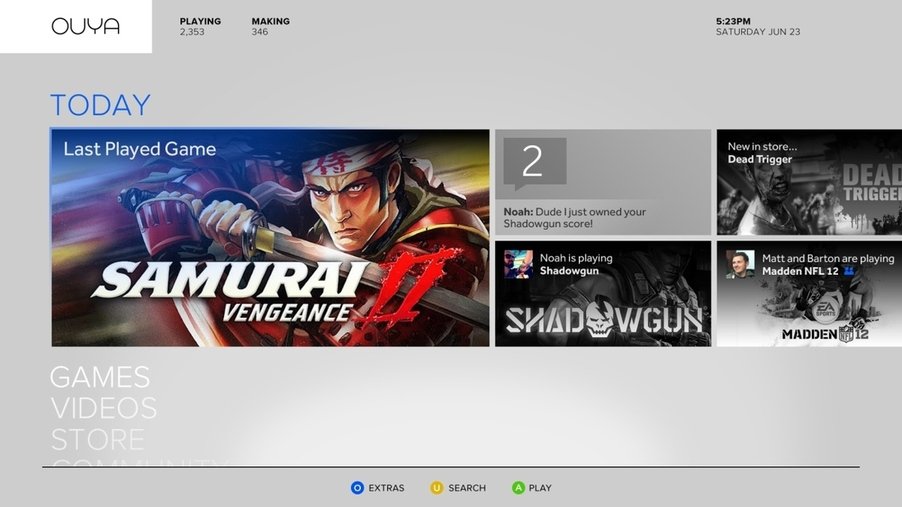
The Ugly
The Ouya, despite some bad publicity, was still in a positive light, with people hotly anticipating its launch. Then early reviews for the Ouya came out, and they weren’t very positive, with the Verge giving it a 3.5 out of 10. Others had complained about the controller breaking easily, which Ouya had to recall and provide a better one. The launch was also delayed a week to allow for the production of more units, and to fix the controller problem. And yet, despite the delay, not every backer received an Ouya at launch. People were complaining to Twitter and Facebook, with the hastag #where is my Ouya?
This lead Julie Uhrman to say, “I am pissed. Some of you have not yet received your Ouya, and to you, I apologize. We paid for shipping, yet the deliveries remain incomplete. It’s important to note at this point that the cause(s) behind your delayed Ouya isn’t the result of a single point of failure—rather, it is the result of several small(ish) logistical hurdles (new) that we encountered late in the game. I’m told that despite our best efforts, it may take another two weeks or more for some of these units to arrive.”
Ouya tried to make it up by giving $13.37 as store credit for backers who did not receive the Ouya in time, but the damage was done. Dissent was growing. And it was only going to get worse.
IGN revealed that, for the most part, game developers were not earning much from the Ouya. For example, Nimble Bit had a profit of $427 while Knife Media “broke even”. Then, in an interview with The Verge, Julie Uhrman revealed that 73% of backers had not bought a single game and that a whopping 8% of gamers had upgraded from a free version of a game to a paid version. The Ouya soon became known as something else: a console no one buys game for. In fact, the game Polarity, originally an Ouya exclusive, was ported to the PC with Occulus Rift support.
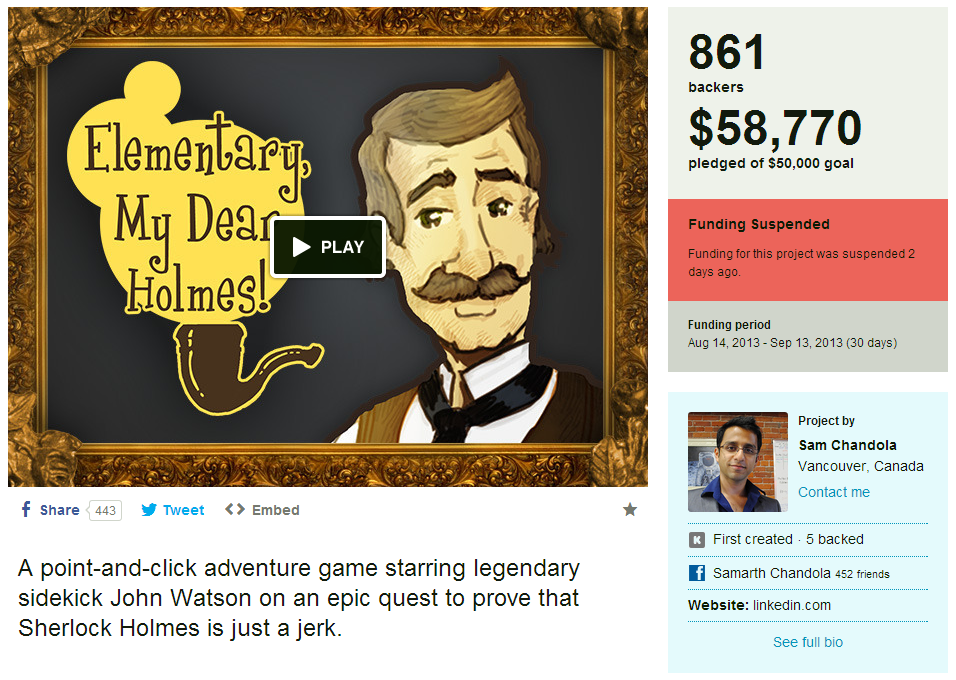
This lead to the developers of Ouya to create “Free the Games” fund. In short, a developer who wishes to have his game crowd funded through Kickstarter use Ouya as a boost. The rules were simple. Your goal needed to be at a minimum of $50,000 and if you got that backing, Ouya would match it, with a maximum of $250,000. The caveat was the game needed to be an Ouya exclusive for at least 6 months and the fund was capped at $1,000,000.
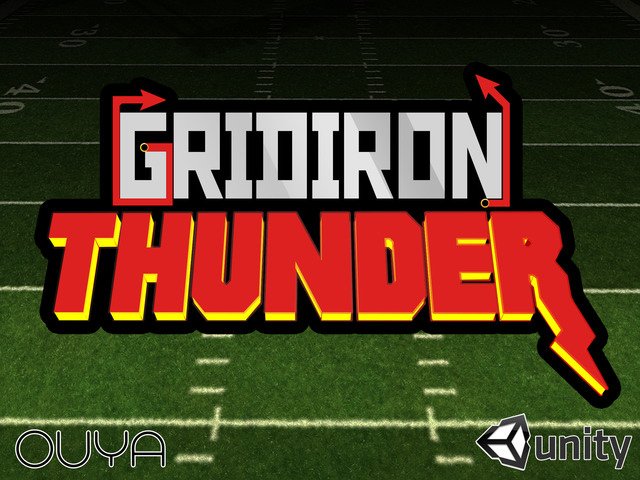
The first of the “Free the Games” successes were Gridiron Thunder and Elementary, My Dear Holmes. However, things started looking fishy when it was revealed that Gridiron Thunder raised $78,000 on 126 backers. Not only that, but several backers had the same surname as the CEO Andrew Won along with some accounts being the exact same. Both games also had an influx of new backers that had celebrity profile pictures and names that looked like fake accounts. Gridiron Thunder has also been accused of copyright infringement and using NFL names and imagery without consent. There was funding anomalies and very suspicious backer names, with most of them changing overnight.
Then the big news. Elementary, My Dear Holmes had its Kickstarter suspended due to increasing suspicions that it was artificially inflating its funding with fake accounts. Another game that recently obtained its goal, Dungeons: The Eye of Draconus , revealed it had gamed the system so select individuals could donate insane amounts of money. Ouya did not take kindly to this, and publicly pulled out of supporting the game through “Free the Games”. By now though, it was fait accompli. Ouya was associated with scammers, people looking to make a quick buck off of Kickstarter.
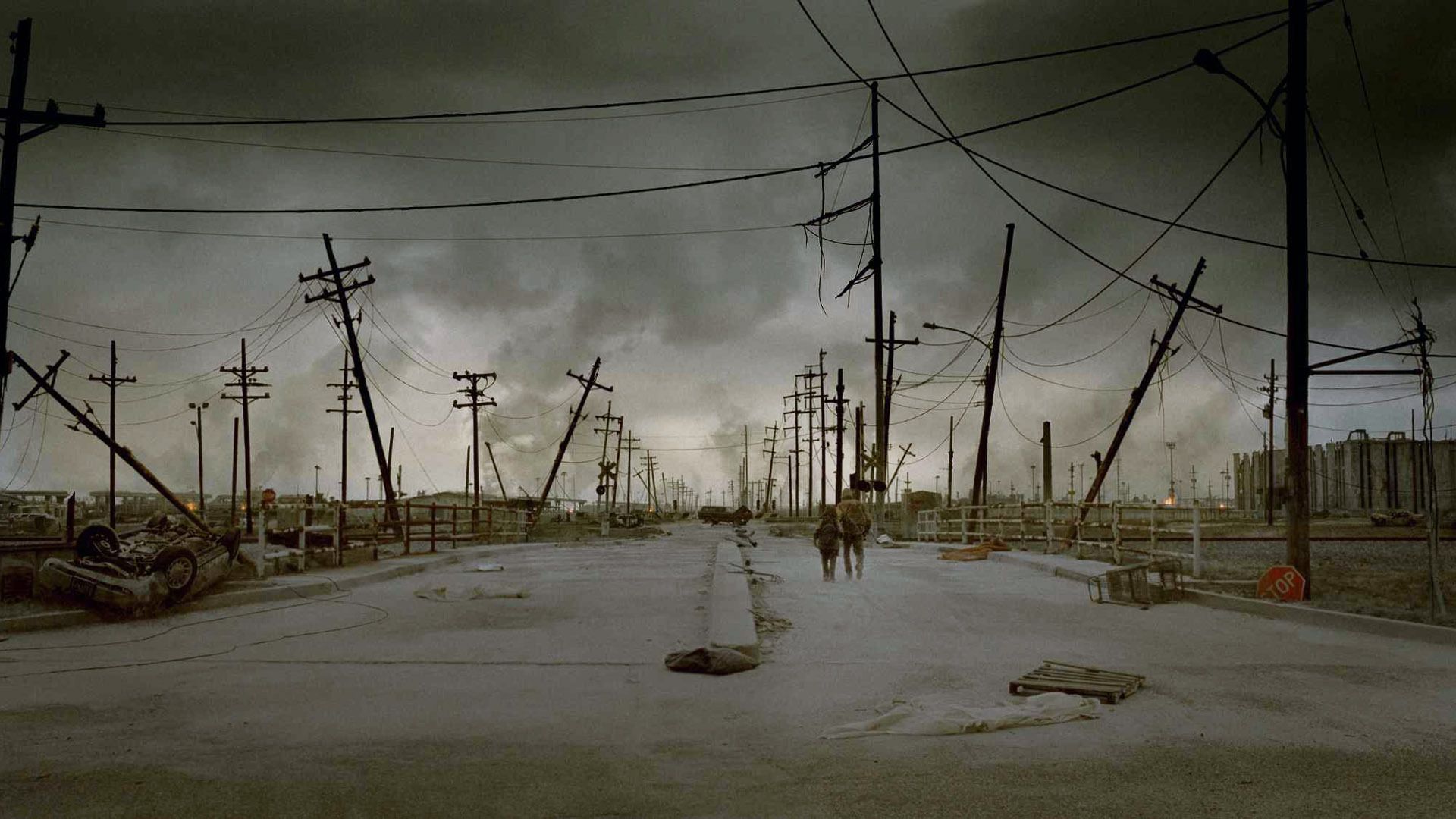
The End
Now, the Ouya is in shambles. A console that started off with so much promise has been relegated as a joke. What started off as an innocent idea has manifested itself as a source of corruption and naivety. Considering how much PR damage the Ouya has suffered, it will soon fade into nothing more than a shadow, yet another example of a failed console and what happens when one idea is not prepared for the real world.


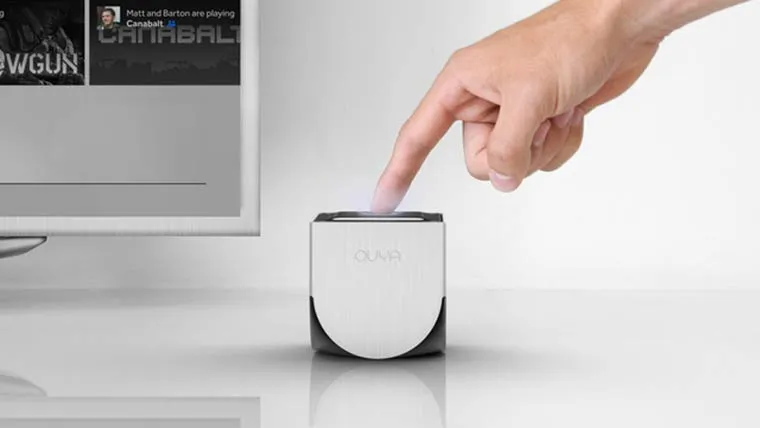
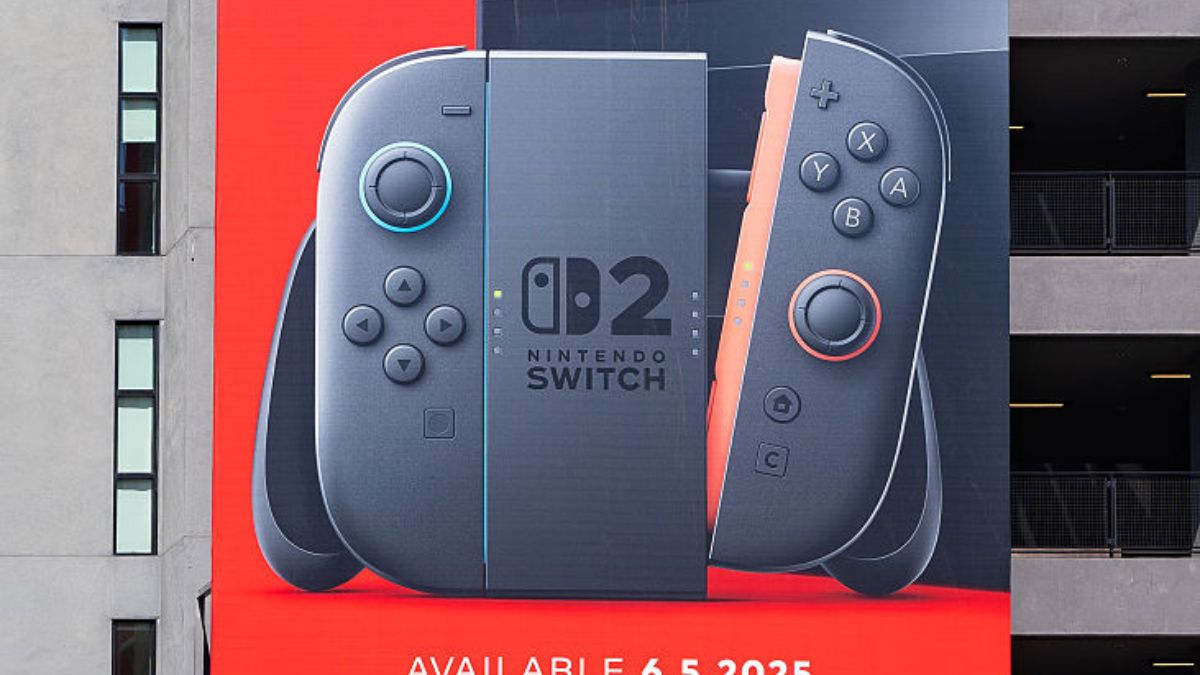
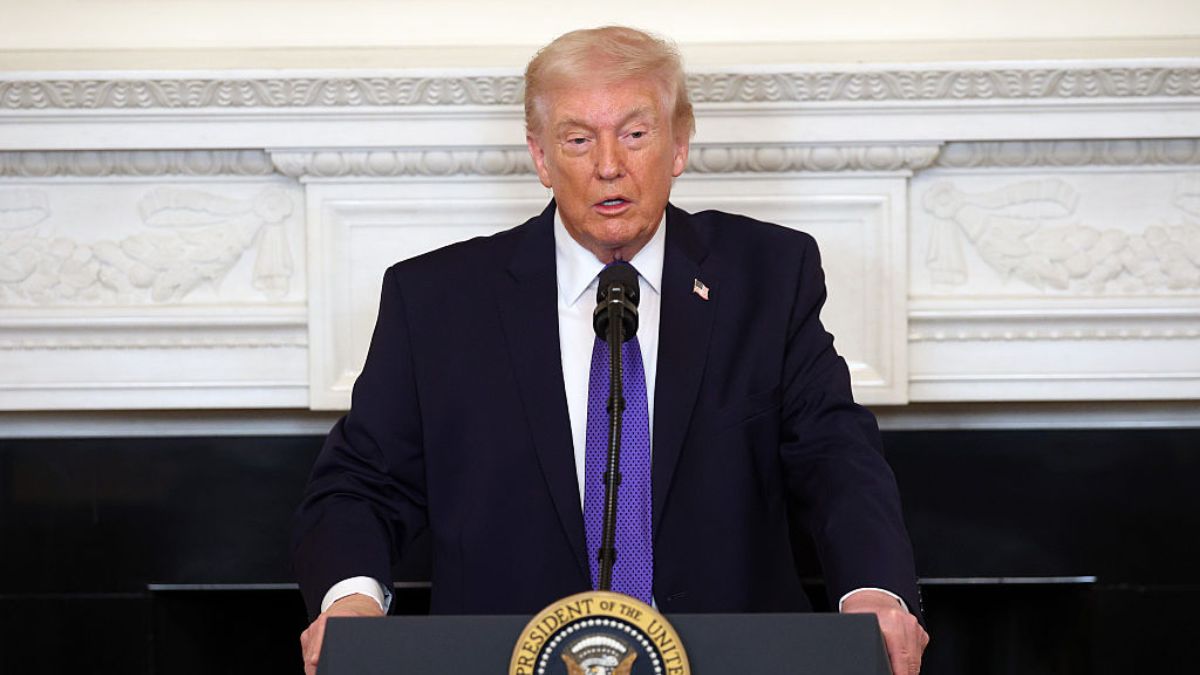
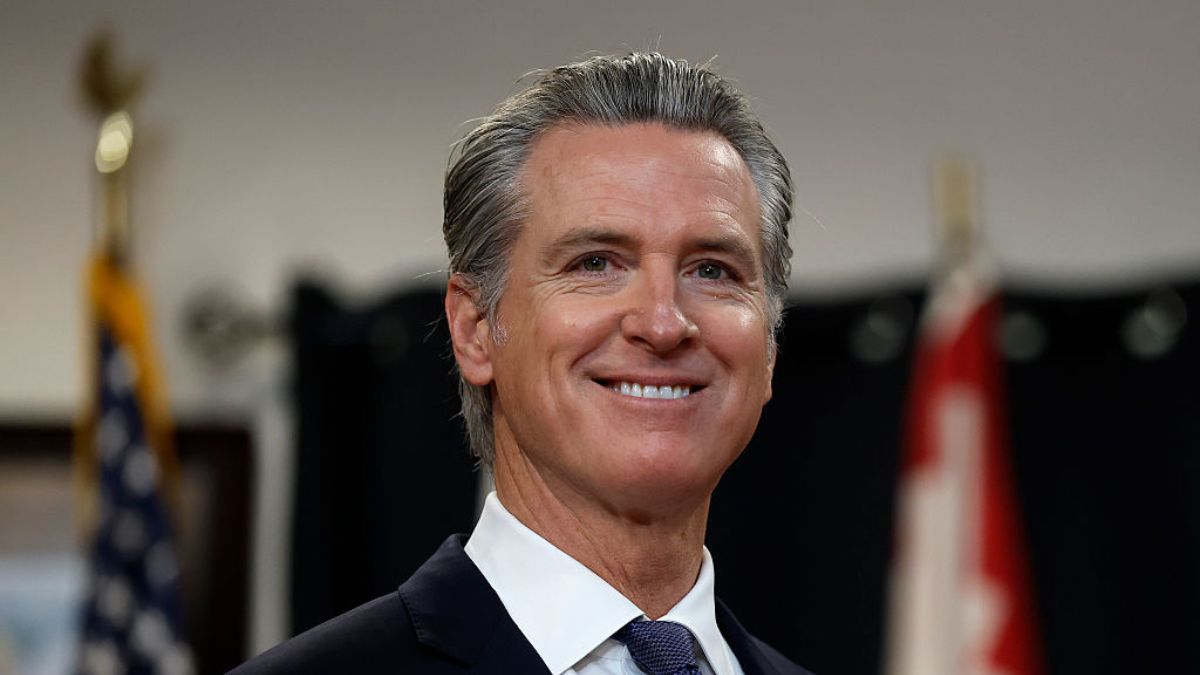
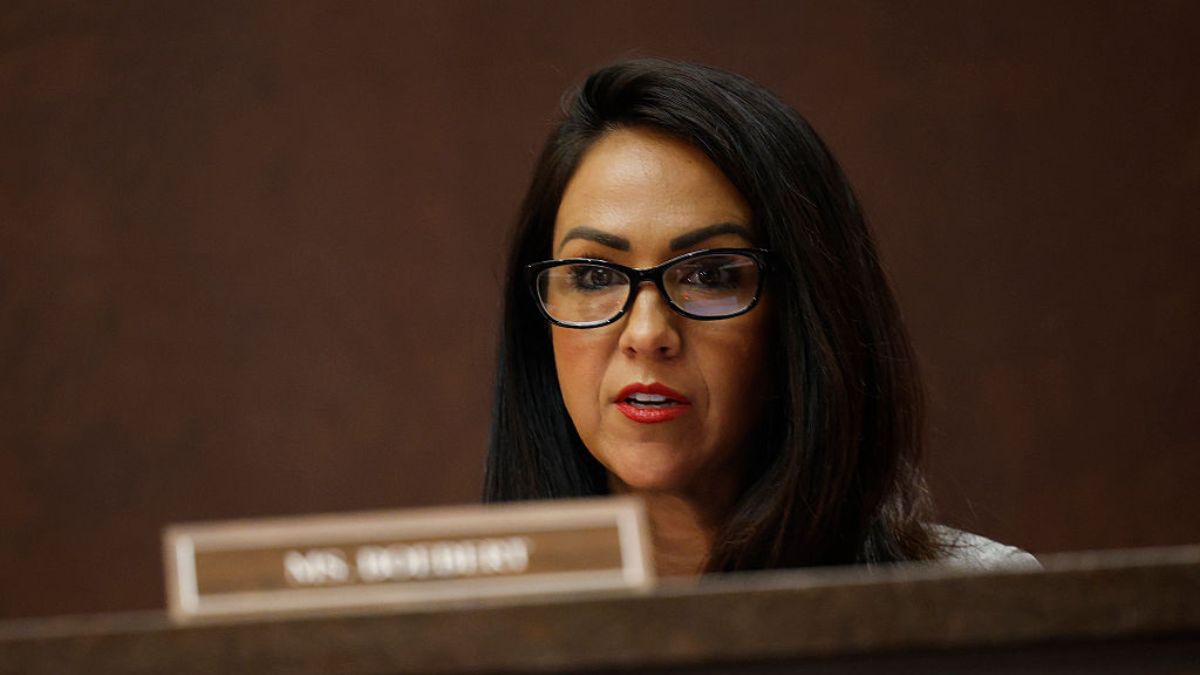
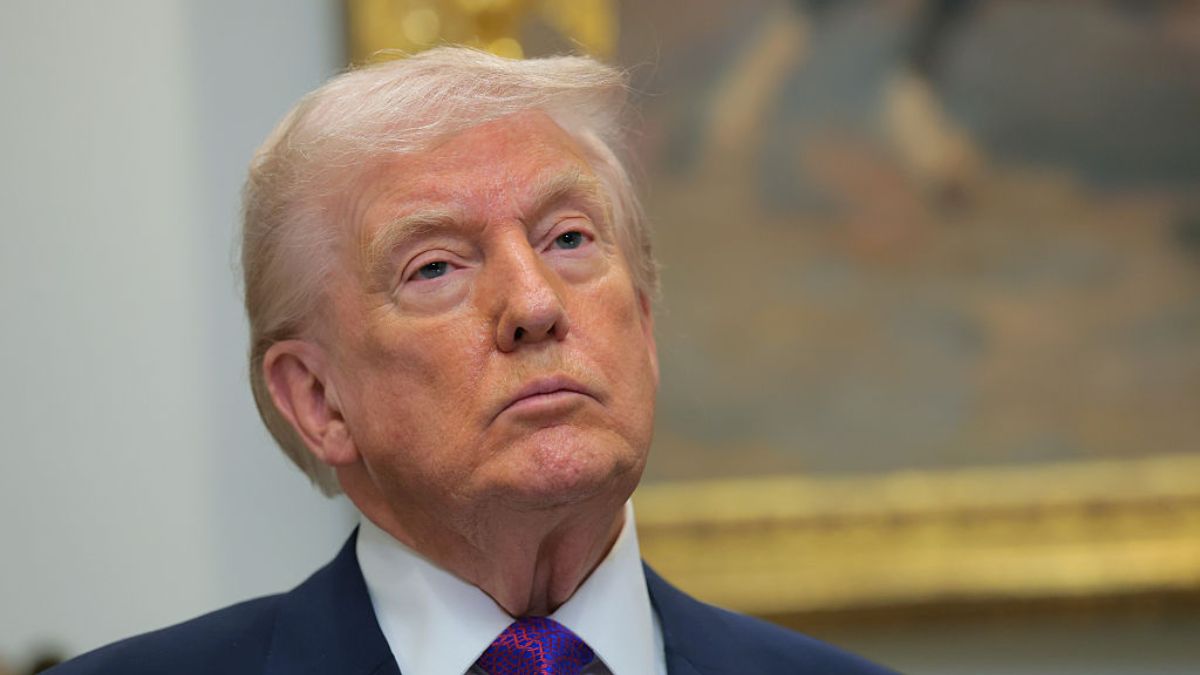
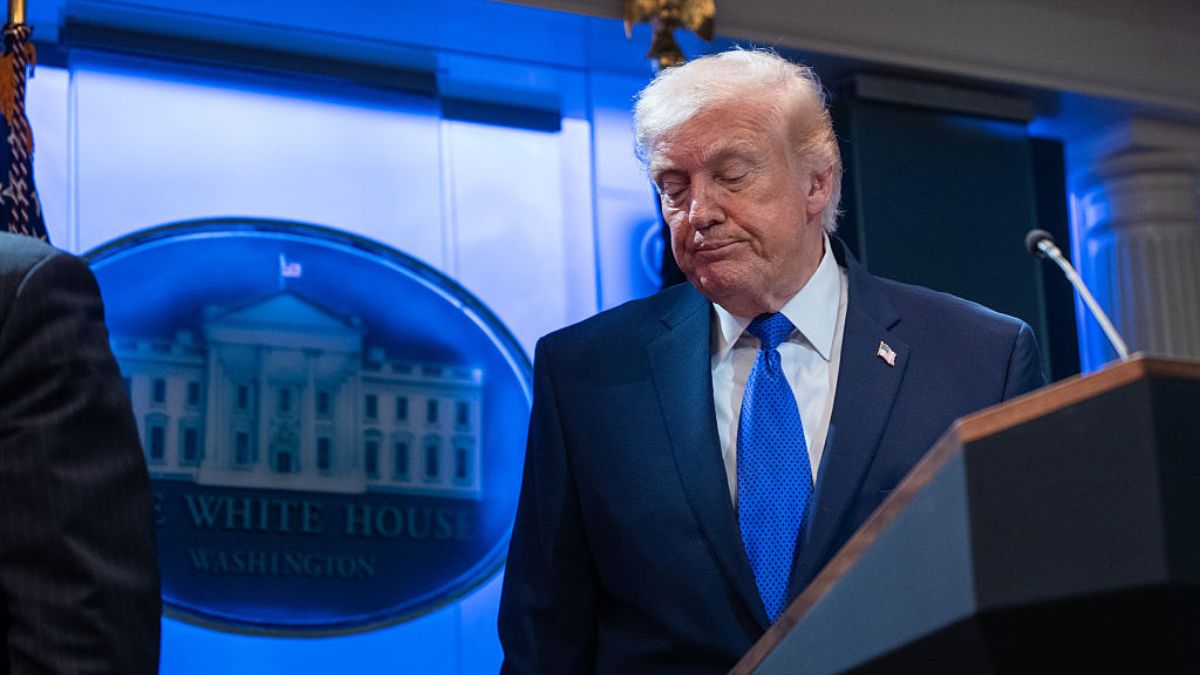
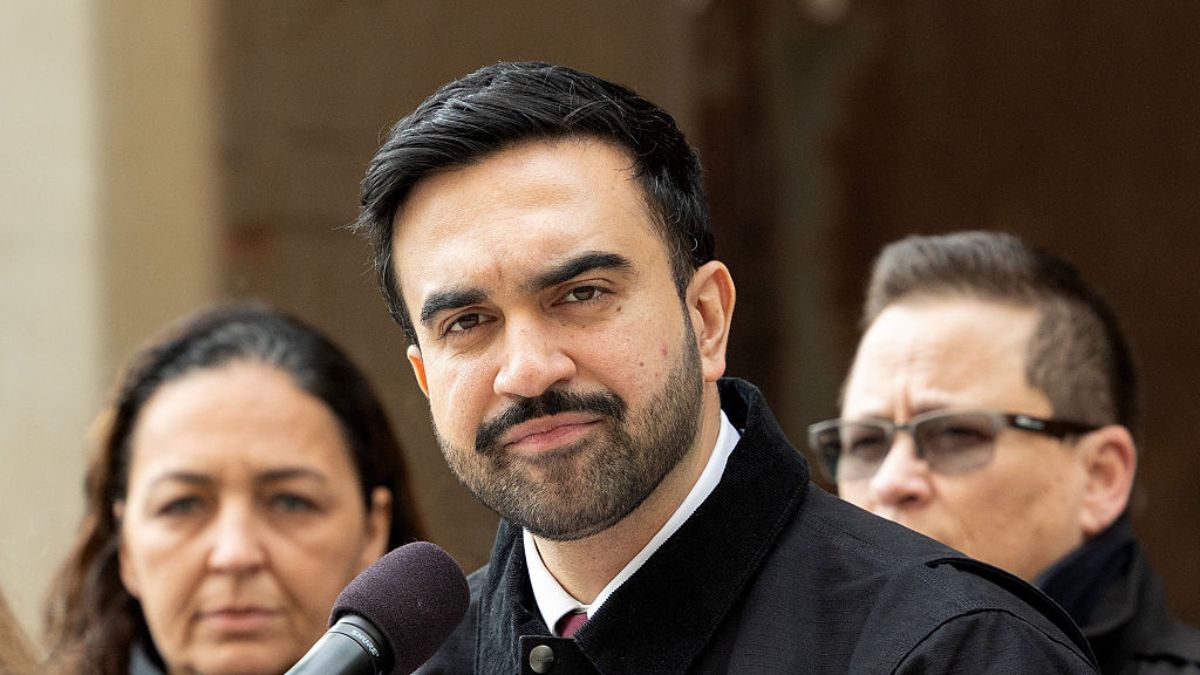
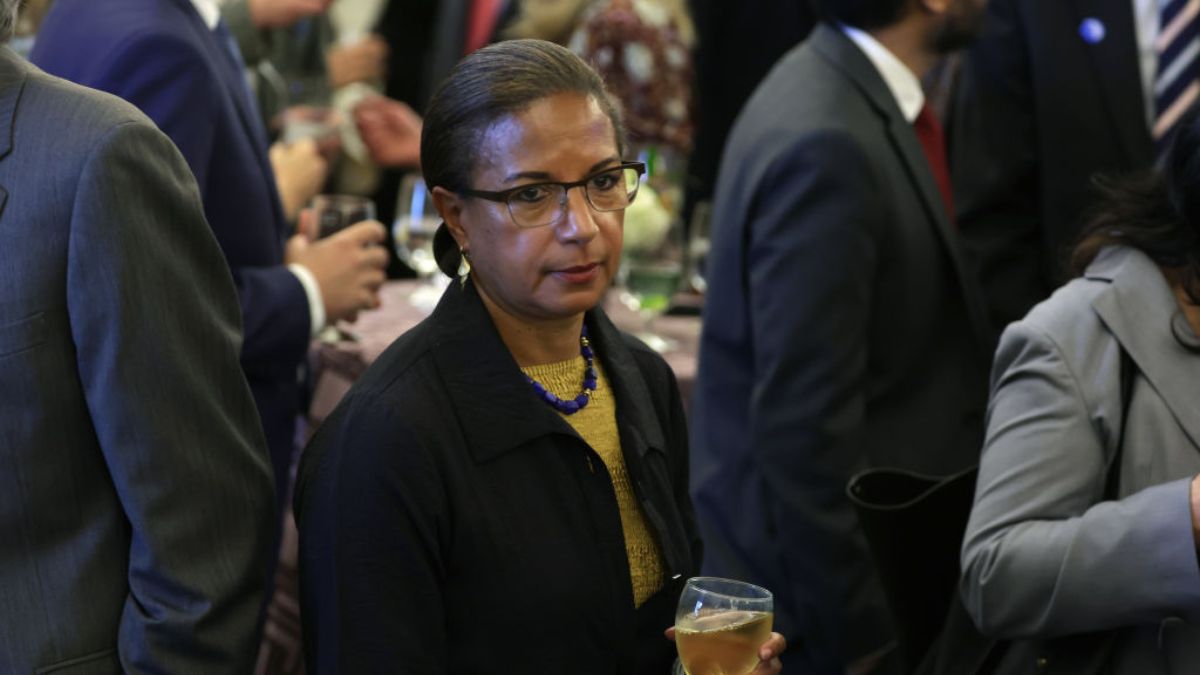
Published: Sep 18, 2013 09:20 pm